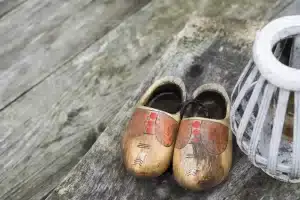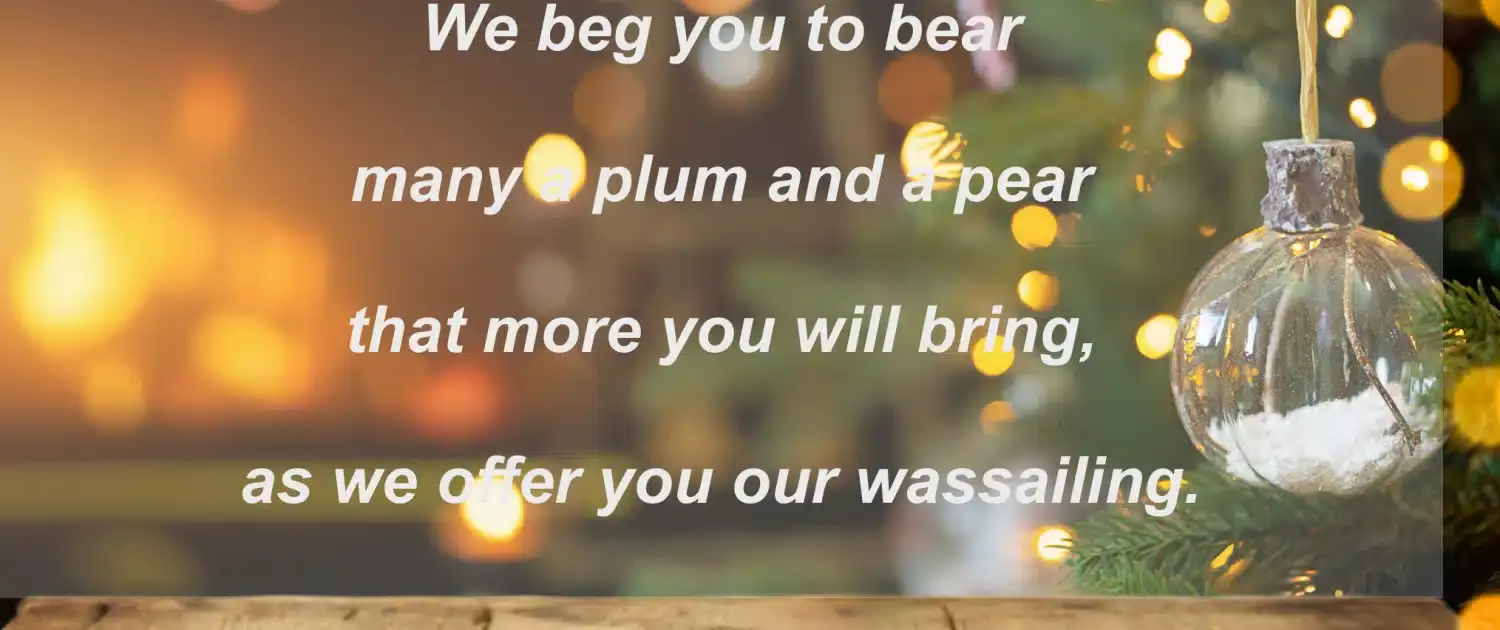This season is the most wonderful time of the year!
I found this quote several times when I began scrolling through the internet to search for “Christmas,” the season Christians celebrate the birth of the Savior. It conjures up the vision of families gathering around a lit-up tree, exchanging news rather than gifts—love and good cheer dominate.
At least in countries without war, poverty, excessive climate change, and continued sicknesses like COVID and Aids.
That comes to mind, as shortly before, I’d been reading various news reports with too many items far removed from such cheer:
A former US president had demanded he be restated again as the country’s head after scrapping the constitution; no doubt, it was to replace it with autocracy. In Kenia, people suffer from the effects of a prolonged drought, so the cabinet members donated one month’s salary to the needy and opened a special for the starving. In Zimbabwe, the massive Kariba Dam, which supplies 70% of the country’s power, reached a record low in November, so power cuts were almost the norm in recent weeks. In Indonesia, the Mount Semeru volcano has erupted, causing the evacuation of 2,000 people. I will spare you a repeat of the news about Ukraine, other conflicts, and depressing news.
 To distract myself, I turned to Chanukka, the Festival of Lights, which Jews celebrate now. This year, the first of eight days of Chanukkah begins on the 18th of this month. Unfortunately, I didn’t immediately find the traditional story I’d always enjoyed as a child about the brave Maccabees’ victory over the Greeks two centuries ago, B.C. To their dismay, they found only a day’s supply of olive oil to light the Eternal Light of the Menorah, the 7-branch candelabrum in the cleaned, reclaimed, and rededicated temple. However, a miracle took place! The supply lasted eight days, during which new oil was prepared. That is why this cheerful festival is held.
To distract myself, I turned to Chanukka, the Festival of Lights, which Jews celebrate now. This year, the first of eight days of Chanukkah begins on the 18th of this month. Unfortunately, I didn’t immediately find the traditional story I’d always enjoyed as a child about the brave Maccabees’ victory over the Greeks two centuries ago, B.C. To their dismay, they found only a day’s supply of olive oil to light the Eternal Light of the Menorah, the 7-branch candelabrum in the cleaned, reclaimed, and rededicated temple. However, a miracle took place! The supply lasted eight days, during which new oil was prepared. That is why this cheerful festival is held.
Another moving tale is about when Chanukkah came to a concentration camp with the liberators. Bodies lay unburied in the camp while starving and sick inmates were without food or sanitary products. There was no candelabrum to hold nine candles. While the eighth celebrated the miracle, the ninth was needed to light the candles. Each evening, a new candle was added until all eight were alight.
In the camp, a clog served as a candleholder, while threads from a uniform were the

wick and shoe polish was the oil. Rabbi Israel Spira of Bluzhov chanted the first blessing, then turned his head before he sang the third, which thanked the Almighty that He had “kept us alive and preserved us.”
After the ceremony, a survivor from Warsaw asked the Rabbi how he could sing this blessing amid the dead and living skeletons. The Rabbi replied that he had hesitated. Then, by turning his head towards the Rabbis, who had accompanied him, he had seen the living Jews, “their faces expressing faith and devotion,” as they listened to the Chanukkah blessing: “Who wroughtest miracles for our fathers in days of old, at this season.” He saw it as his duty to respond and chanted the third blessing. They needed support in their fight for survival! Everyone needed help during the dark days. Years later, the person who asked the question sent the Rabbi a note saying that the Rabbi’s words about the terrible Chanukah night had stuck with him his whole life and helped him through hard times.
It stopped me from scrolling further. I thought, after all, that whatever else they celebrated, that was what the festivals were during the winter season: prayers that darkness would be followed by light.
Besides, I had read about wassailing at Christmas and on Twelfth Night, an Anglo-Saxon custom during the days of the old gods in ancient pre-Christian days. Either this meant calling at people’s homes to sing in return for food or drink—today it often means caroling—or visiting orchards to “encourage” trees to produce—and this too was a prayer:

In some countries, people still sing to the trees. They offered libations and food to celebrate the winter solstice in the olden days.
Wassailing is also a prayer that light will follow the darkness of winter and good days will follow dark moods.
Is our incredible planet, on which day follows night and winter gives way to spring and then to summer, not a complete miracle with all its creatures, large and small? Including its rivers and oceans, mountains and plains, and all the rest? The best wishes filled with hope I can send you, which I now do, are that, in due course, resources will be fairly distributed to all and that prejudice and hatred will be overcome so that conflicts give way to peace. Wish dreams that would fulfill the miracle, that together the world’s humans will strive to care for our planet’s survival.
I wish my family and Jewish friends a pleasant Chanukka!
Merry Christmas to my Christian friends, and have a reflective holiday season!
And every one of you and the planet –
A good year to come!
ALL THE BEST!
